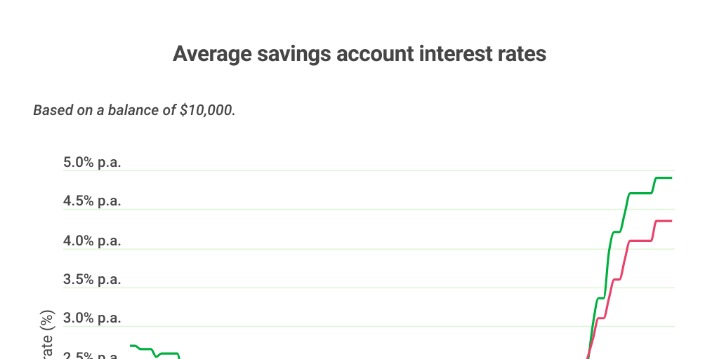In today’s fast-paced world, effective finance management is more crucial than ever. Whether you’re accumulating wealth or simply trying to maintain your current financial standing, understanding the essential aspects of finance can make a considerable difference.
The Basics of Personal Finance
Personal finance refers to the management of an individual’s or family’s financial activities. These activities typically include:
- Budgeting
- Savings
- Investments
- Debt Management
- Retirement Planning
Read more about Rhys Aldous here.
Budgeting: The Foundation of Financial Health
Effective budgeting involves planning how to allocate your income to different expenses. This helps you ensure that you are living within your means. Key steps to creating a budget include:
- Tracking your income and expenses
- Setting financial goals
- Creating a realistic spending plan
- Regularly reviewing and adjusting as needed
Savings: A Pillar of Financial Security
Building a savings fund is essential for unforeseen expenses and long-term goals. Various types of savings accounts can offer different benefits:
- Emergency Fund
- High-Yield Savings Account
- Certificates of Deposit (CDs)
- Money Market Accounts
Investment Strategies for Financial Growth
Investing is a powerful tool for wealth accumulation. Here are common forms of investments:
- Stock Market
- Bonds
- Mutual Funds
- Real Estate
Understanding Risk and Return
Every investment carries its own risk and return profile. It’s important to diversify your investments to balance potential returns with acceptable risk levels.
Debt Management: Avoiding Financial Pitfalls
Debt can be a major obstacle to financial freedom. Effective strategies include:
- Paying off high-interest debt first
- Consolidating debts
- Negotiating lower interest rates
- Creating a debt repayment plan
Retirement Planning for a Secure Future
Planning for retirement is a critical component of finance. Options for retirement accounts include:
- 401(k) plans
- Individual Retirement Accounts (IRAs)
- Roth IRAs
- Pensions
FAQs on Personal Finance
What is the most important aspect of managing personal finance?
Creating and sticking to a budget is essential. It helps you understand where your money is going and ensures you are saving and investing appropriately.
How can I start investing with minimal experience?
Begin with low-risk options like savings accounts or mutual funds. Educate yourself through financial news, courses, and books. Consider consulting with a financial advisor for guided advice.
Why is debt management crucial?
High levels of debt can lead to financial stress and limit your ability to save or invest for the future. Effective debt management helps maintain a healthy financial balance.
Managing your finance effectively is not just about money; it’s about ensuring long-term stability and achieving your personal financial goals.

